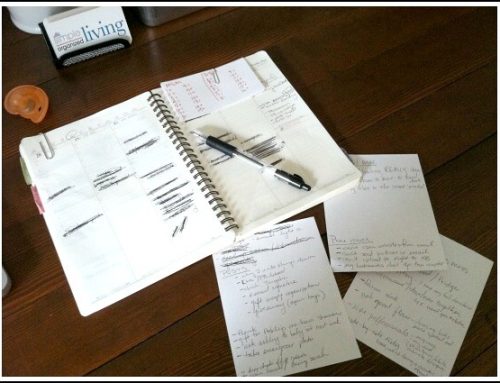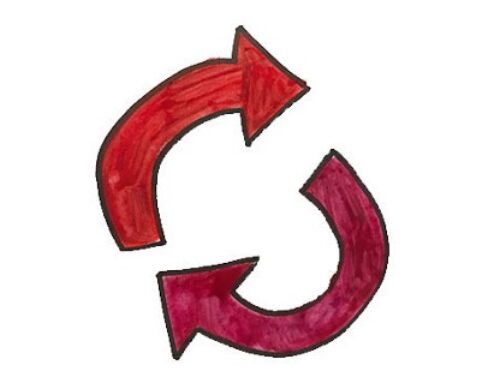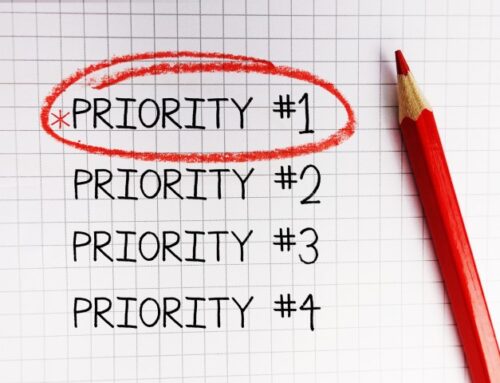The 10-Minute Rule
October 4, 2015
Categories: Work
I have a guideline for my graduate students that I have found helpful to implement in my own life as well. It’s called the 10-minute rule.
The rule says that if you are working on a project, and you get stuck, you should spend about 10 minutes trying to figure out how to get un-stuck. But after 10 minutes, I tell my students they should send me a quick email for direction.
When learning something new (like writing a dissertation), usually my students don’t know how to do it at the beginning. There are a lot of complexities to completing a dissertation project, and sometimes they run into an issue that I haven’t discussed with them. They could spend hours and hours trying to figure out the issue themselves—but this could lead to a lot of frustration. Sometimes even after spending hours and hours, they still can’t figure it out.
It can save a lot of time and energy if the student stops what they are doing, and sends me a quick email. I have completed a dissertation project myself, and I have supervised quite a few research projects in the past. Usually their issue is something I have seen before, and I can give them a quick answer and set them off on the right path.
I have tried to implement this rule in my own life as well. For example, in my work, I still keep in touch with my adviser from graduate school, and most of my projects nowadays involve a team. If I can’t figure out how to do a certain type of analysis, or respond to a particular reviewer critique, I try to spend 10 minutes figuring it out, and then call someone for help. Usually it helps to have a different perspective. It can save me a bunch of time and heartache.
Discussion: What do you think of the 10-minute rule? Try it out in your own life. The next time you are doing a project and get stuck, try working at it for 10 minutes. If you still can’t figure it out, hit the pause button and get a second opinion. You might find that you save yourself a lot of time and energy in the process.
Related Thoughts
No Comments
Leave A Comment

Subscribe To My Newsletter
Join my mailing list to receive the latest blog posts.
Receive my e-book “The Mental Health Toolkit” for free when you subscribe.






Are there ever situations in which you think it behooves someone to struggle through a task on their own for the sake of their learning/development? Obviously not the most efficient, but such experiences have helped me along the way.
John, I think you make a good point here. I agree–there can be benefit from the commitment and struggle it takes to overcome a difficult task. I think there’s probably a balance here between (a) working to figure something out yourself and (b) getting help from others. My sense is that in past times, we would be part of a tribe where the older folks would be working hand-in-hand with the younger folks to help them learn various tasks–an apprentice model. In today’s world, we are so independent and disconnected that we don’t often have that. I talk to a lot of folks who are kind of on their own when it comes to various aspects of their lives–work, relationships, spirituality, how to fix a toilet, etc. My sense is that the other model might be better.
[…] dealt with this problem the other day. I have a rule for my graduate students called the 10-minute rule. Basically, the rule says that if you are working on a project, and you get stuck for more than 10 […]